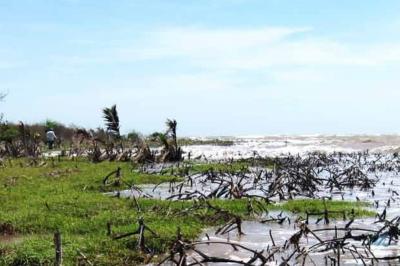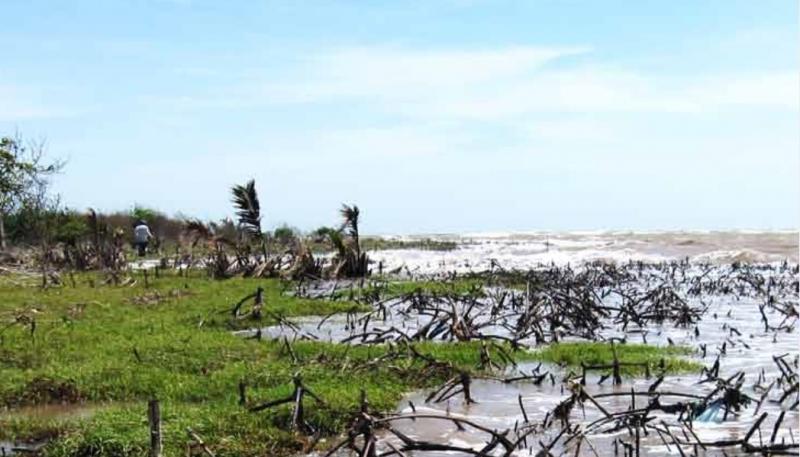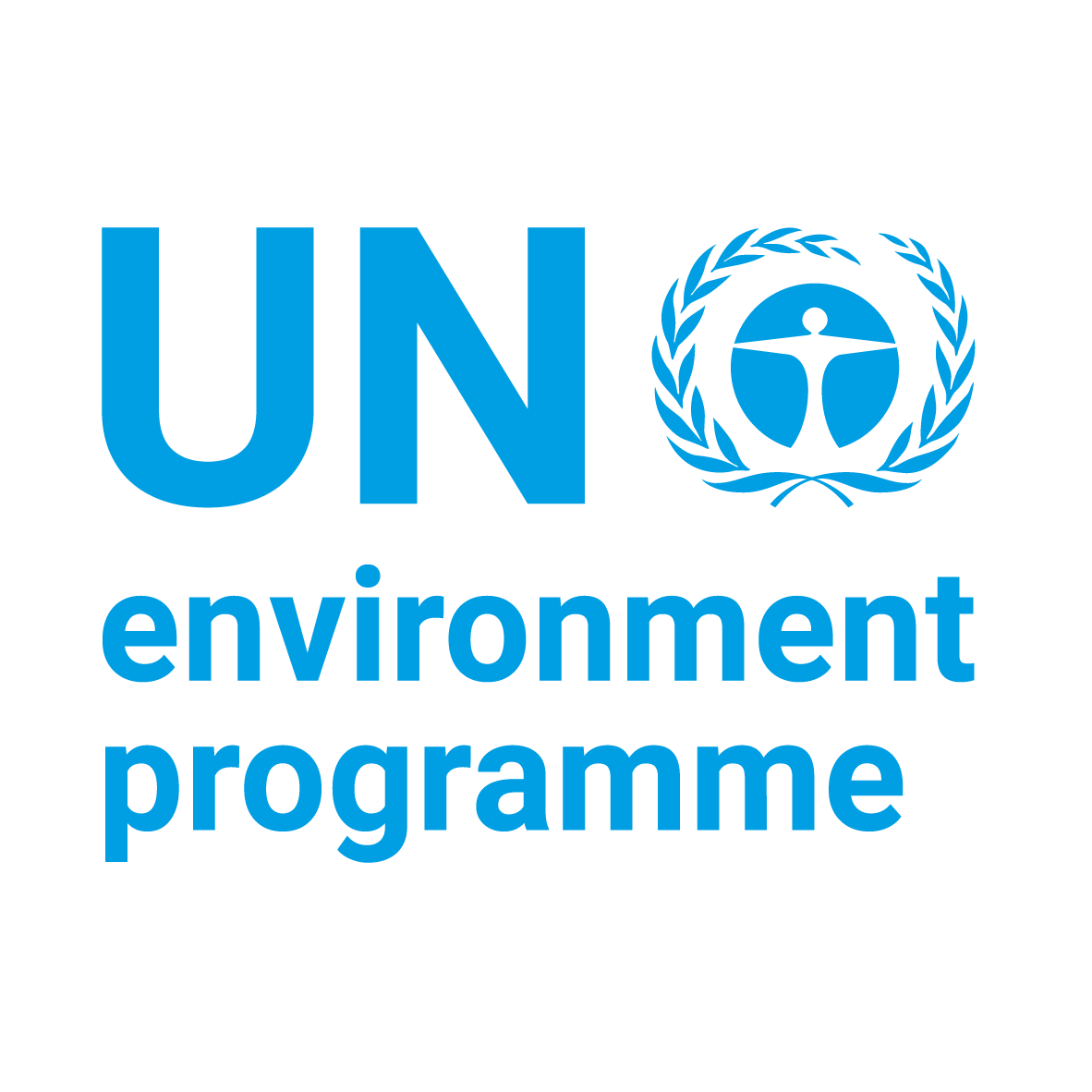The rich natural capital endowment and ecosystem services in the Greater Mekong Sub-region (GMS) have continued to play a crucial role in supporting economic growth. Recognition of the role of ecosystem services and sustainable management of the natural resources play a key role in addressing emerging development and climate change adaptation challenges. Therefore, EbA has great potential to be an important part of the adaptation strategy for the GMS. However, capacity and knowledge on how to select and implement EbA measures remain poorly developed; especially in terms of guidance on how EbA fits with regional, national and sub-national climate change and development strategies.
To respond to this gap, the World Bank, in partnership with the World Wildlife Fund (WWF), and in the context of the broader World Bank Netherland Partnership Program (BNPP), supported the development of a generic operational framework for considering and assessing EbA responses. This framework was piloted in two countries (Lao PDR and Vietnam), and produced several valuable pieces of work that are aimed at supporting the development of EbA responses and mainstreaming of EbA in policy and planning.
The development of the generic framework and associated products comes at an opportune time when international policy negotiators and national decision makers are taking steps to integrate and mainstream EbA in their policy and on-the-ground work. Interest in EbA is rapidly increasing and the approach is now considered an important aspect of “climate-smart” development.
Key Lessons
- Population growth and unsustainable land-use for development activities have served to degrade the ecosystems. For example, the construction of sluice dams to prevent salinity intrusion has interfered with ecological flow affecting estuaries and related livelihoods.
- EbA or any adaptation measures should be coupled with strategies to address “adaptation deficits” by tackling current non-climate related problems that exacerbate vulnerability.
- EbA measures can play a significant role in ensuring sustainability of coastal habitats.
- The EbA operational framework should be integrated into climate change action plans.
- The EbA framework needs to be institutionalized as an official guideline.
SPONRE, DONRE of Ben Tre, WWF, 2013. Viet Nam Case Study from Field Testing an Operational Framework for Ecosystem-based Adaptation.
WWF: http://wwf.panda.org/what_we_do/where_we_work/greatermekong/our_solutions/ecosystem_based_adaptation/









